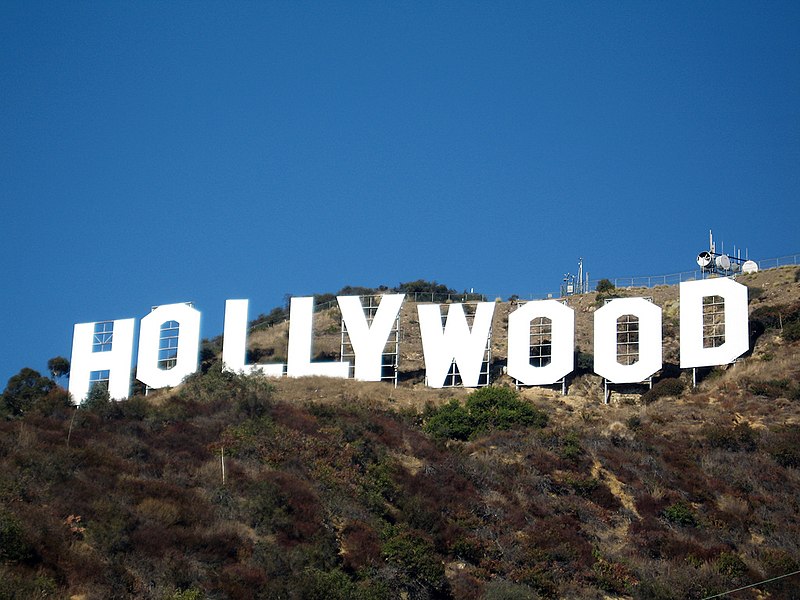Growing up, I romanticized the life of celebrities and desperately wanted to become one. An actor, model, filmmaker, it didn’t matter, as long as I was one of the stars. I was easily allured by the dazzling lights of the red carpet and the flashes from the paparazzi. However, that dream quickly disappeared as I realized what lies behind the closed curtains of many movies: misconduct.
From #MeToo to the latest sexual misconduct scandals, Hollywood has been no stranger to the shadows of misconduct. From shocking revelations surrounding award-winning film producer Harvey Weinstein to the recent slandering accusations Jamie Foxx faces, scandal after scandal seems to emerge. With many scandals, it seems as if the perpetrator is never immediately justifiably charged. In many instances, they will give a public apology and enroll themselves into sex rehab, allowing them to get away with it for a couple more years. While rehabilitation programs aid individuals in grasping the root causes of their problems, they also have a positive contribution to long-term legal proceedings. In trials, this can be seen as a positive factor that reflects the individual’s commitment to change and rehabilitation. Hollywood, the American entertainment industry, is a powerhouse of film culture, and must recognize its responsibility in addressing misconduct and keeping their actors safe.
According to Forbes, a survey done by the Antia Hill-led Hollywood Commission on sexual harassment showed shocking results. The survey, which reached 53,999 women, showed statistics ranging from unwanted sexual attention to sexual coercion. The report revealed that 20% of women reported to have been sexually assaulted at work over the course of their careers. Additionally, it found that 5% of women reported to have been sexually assaulted on the job just months prior to this survey. These statistics range from inappropriate sexual jokes to unconsented sexual advances, inflicted usually by film directors onto female actresses.
The uncomfortable reality is that for many actresses, their path to stardom is paved with compromises, where a culture of harassment and assault becomes a precursor to their on-screen success. In turn, many female celebrities face a harrowing choice between enduring misconduct and having a chance to rise to the top or speaking out and forfeiting their chances. In an interview with the New York Times, Jessica Chastain revealed that she was afraid that speaking out would ruin her career.
Powerful individuals who are in positions of authority have the ability to exert considerable influence over the careers of those with less power, which is the reason why much misconduct goes unnoticed. The article I Ask how Power Impacts Consent, states that having power over someone can have a big influence on how comfortable they feel saying no. The potential consequences of saying no, whether in terms of professional, social, or emotional repercussions, can create an environment where true, enthusiastic consent becomes difficult to establish, highlighting the intricate interplay between power dynamics and the ability to freely negotiate and communicate one’s boundaries. Understanding and addressing these power imbalances are crucial steps toward fostering relationships built on mutual respect, consent, and equitable decision-making.
In the case of Harvey Weinstein, who has been convicted of sexually assaulting over 80 female actresses over a period of 10 years, several survivors came forward with their accusations, but it took years for the allegations to compile a legal case against Weinstein. As Weinstein’s legal team arranged confidential settlements with many women, aiming to keep the accusations from public view. One of them was Filipina-Italian model Ambra Battilana Gutierrez, who Weinstein offered to pay a million dollars in exchange for maintaining her silence.
It is crucial for victims of sexual misconduct to voice their experiences, as it serves several vital purposes. Firstly, speaking out helps break the silence that often shrouds sexual misconduct, fostering a culture of openness and understanding. This, in turn, encourages a supportive environment for survivors, reducing the stigma associated with their experiences. Secondly, by sharing their stories, victims contribute to raising awareness about the prevalence and impact of future misconducts. This collective voice can lead to greater empathy, education, and policy changes aimed at preventing future incidents. Additionally, survivors speaking out can inspire others who have endured similar traumas to find the courage to share their own stories, fostering a sense of solidarity and empowerment. Ultimately, the act of voicing one’s experience is a powerful tool in the fight against sexual assault, promoting healing, justice, and societal change.
Hollywood’s responsibility in this crisis should not only address accountability and fairness but recognize that justice should never be sacrificed in the pursuit of a career. More importantly, it provides a safe working environment for female actresses everywhere. Rules should be placed that restrict private one-on-one interactions which can contribute to increased accountability. The implementation of such rules represents a multifaceted strategy in preventing and addressing sexual misconduct. By curbing opportunities for isolation, these rules serve as a powerful deterrent against situations conducive to inappropriate behavior without witnesses. Simultaneously, such rules can contribute to increased accountability, as public spaces create an monitored environment where interactions will be visible to others.
So, at the end of the day, as the film ends and the curtains descend, we must acknowledge injustices going on beyond the screen. As consumers of this industry, it is imperative for Hollywood to acknowledge this pervasive issue, ensuring that the industry is not built upon silence, but rather one of accountability and justice for all.
Photo courtesy of WIKIMEDIA COMMONS






